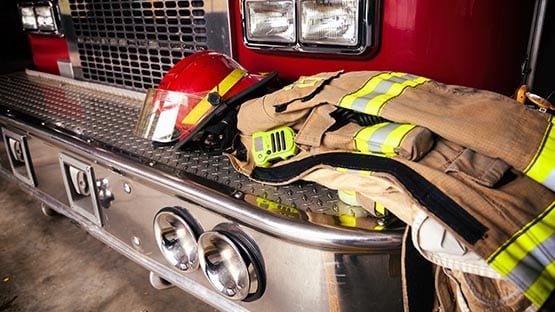
First, we’ll need to define what a pardon actually is. If a person is granted a pardon in Canada, it means that that record is “set apart,” or kept separate, from the Canadian Police Information Centre (CPIC) database. This database keeps records of all criminal activity in Canada. When a person is pardoned, the criminal record still exists, but it will not appear on a criminal record check. Exceptions to this are if a person who has committed certain violent or sexual crimes and is seeking a criminal background check to work with a “vulnerable” sector of the population, such as children. In those cases, even a pardoned crime will be disclosed. This is essentially the extent of a pardon in Canada. The crime is not erased or forgiven; it simply will not appear when a criminal background check is performed. Anyone who has been convicted of a criminal act in Canada can apply for a pardon after a predetermined period has elapsed, with a few exceptions.
So, that still begs the question: Does a person need a lawyer to apply for a pardon? The short answer is no, there is no legal requirement for the services of a lawyer if one is applying for a pardon. However, there are certain aspects of the application process that would make hiring a lawyer a very good idea for most people. Alternatively, you could contract the assistance of an agency who specializes in pardons applications. They will be more affordable than a lawyer and will know exactly what steps you need to take to give you the best chances of success.
Applicants must submit a full, correctly filled-in application form, accompanied by all of the required supporting documents, to the Parole Board. If anything is missing, the application will be denied. These forms are quite complex and full of complicated legal jargon, so it can be very useful to hire someone to help you gather your supporting documents, fill out your form and to go over everything to ensure you have dotted all of your I’s and crossed all of your t’s.
Further, in some cases (particularly in the case of those who have committed mores serious crimes) the applicant will be required to submit with his pardon application a document explaining how obtaining a pardon will benefit them in their lives. A lawyer can help offer guidance as to the kinds of things the Parole Board is looking for in this regard, thereby bolstering one’s chances of being granted a pardon.
Note that the pardon application process is not a matter of convincing anyone of one’s deservedness. There is no court proceeding and no trial, so there is no particular need to have a lawyer on side to argue your case. The proceeding is simply a matter of meeting a prescribed set of criteria in order to be considered for a pardon.










